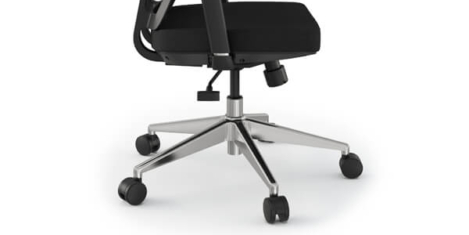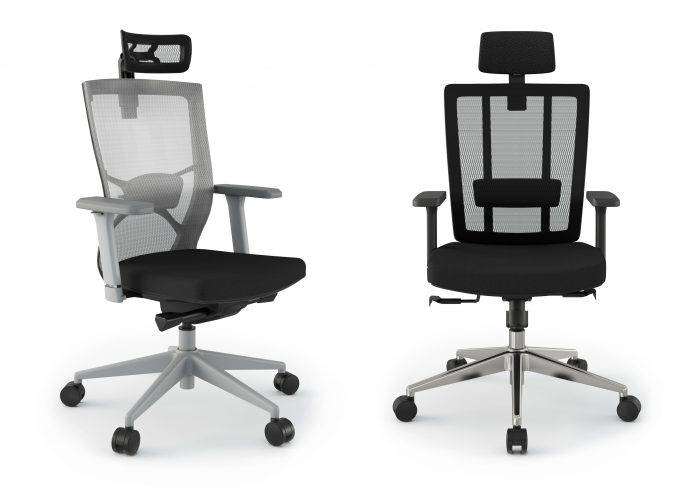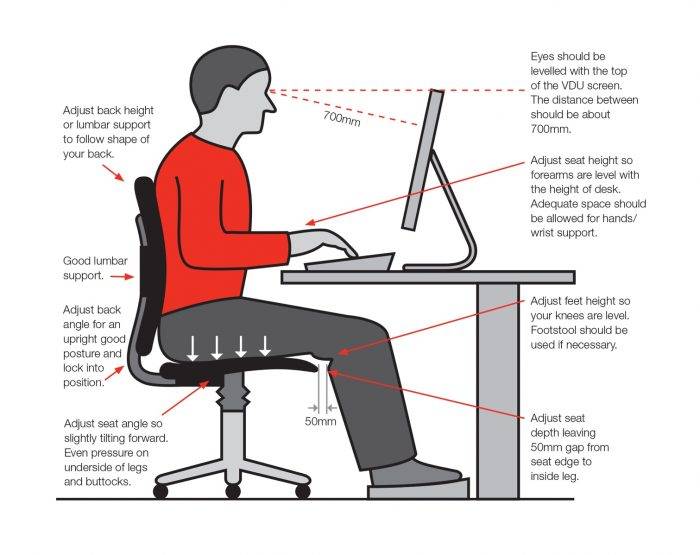February 7, 2019
Employees want to achieve a healthy work-life balance this year

A new Acas study of the key issues for working lives in 2019 claims that the biggest issues for employers will be finding skilled workers (53 percent), productivity (36 percent) and technological change (36 percent). On a more personal level, the most important issues in employees’ working life will be balancing work and home life (53 percent), staying healthy and feeling well (51 percent) and job security (44 percent). The poll found that despite people wanting a more flexible working life, nearly half of workers (49 percent) believe that the use of gig workers will stay about the same in the year ahead.








 More than three quarters (79 percent) of UK workers admit to forcing themselves to go in to work despite feeling ill, two thirds (66 percent) still go to work when suffering from a cold or flu and over a fifth (22 percent) when suffering from stress, or an emotional crisis. Perhaps this is due to two fifths (40 percent) feeling their boss did not believe they were genuinely ill when they have previously taken a sick day. For those who are brave enough to bite the bullet and call in unwell, more than two thirds (67 percent) said they feel guilty for taking time off work due to illness, or health related issues. This could explain why so many are reluctant to speak to their employer about their health and wellbeing. Nearly a third (30 percent) admitted they are too scared to talk to their boss about needing time off for a health-related issue, whilst almost three quarters (72 percent) say there are times their current employer does not do enough to look after their physical and mental wellbeing.
More than three quarters (79 percent) of UK workers admit to forcing themselves to go in to work despite feeling ill, two thirds (66 percent) still go to work when suffering from a cold or flu and over a fifth (22 percent) when suffering from stress, or an emotional crisis. Perhaps this is due to two fifths (40 percent) feeling their boss did not believe they were genuinely ill when they have previously taken a sick day. For those who are brave enough to bite the bullet and call in unwell, more than two thirds (67 percent) said they feel guilty for taking time off work due to illness, or health related issues. This could explain why so many are reluctant to speak to their employer about their health and wellbeing. Nearly a third (30 percent) admitted they are too scared to talk to their boss about needing time off for a health-related issue, whilst almost three quarters (72 percent) say there are times their current employer does not do enough to look after their physical and mental wellbeing. 




























February 4, 2019
Getting back to environmental basics in the Anthropocene era 0
by Alison Kitchingman • Comment, Environment, Facilities management, Workplace design